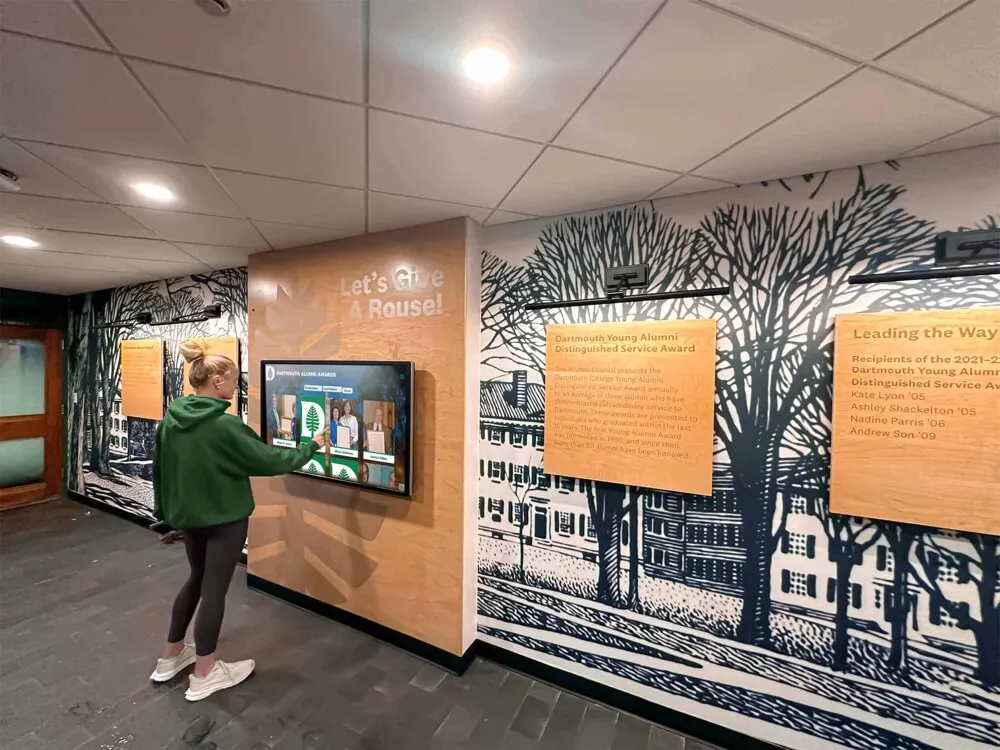Big Brother Big Sister program alumni—both the “Littles” who received mentorship and the “Bigs” who provided guidance—share unique bonds forged through transformative relationships that often span years and shape entire life trajectories. These mentoring connections create lasting impact extending far beyond program participation, influencing educational outcomes, career success, personal development, and community engagement for decades after formal matches conclude. Yet many organizations struggle to maintain connections with program alumni, recognize their achievements appropriately, and celebrate the remarkable success stories that demonstrate mentoring’s life-changing power.
Big Brother Big Sister alumni recognition represents more than ceremonial acknowledgment—it strengthens community bonds, demonstrates program impact to stakeholders and funders, inspires current participants through visible success examples, and maintains valuable relationships with individuals who understand mentoring’s transformative potential. Whether your organization serves dozens or thousands of program alumni, strategic recognition creates engagement opportunities that celebrate past success while building future program support through testimonials, volunteer recruitment, fundraising, and ongoing community involvement.
This comprehensive guide explores proven strategies for developing Big Brother Big Sister alumni recognition programs that honor both mentors and mentees, maintain lifelong connections with program graduates, create compelling success narratives demonstrating program impact, implement sustainable recognition systems accessible to diverse stakeholders, and build community around shared mentoring experiences that continue inspiring future generations.
Why Big Brother Big Sister Alumni Recognition Matters
Recognition programs for mentoring alumni serve critical purposes extending beyond honoring individual achievement. Well-designed systems document program effectiveness, maintain valuable relationships with individuals who can advocate for youth mentoring, provide compelling success stories for fundraising and awareness campaigns, inspire current participants by demonstrating mentoring's long-term impact, and create community among individuals connected through shared mentoring experiences that shaped their lives profoundly.
Understanding Big Brother Big Sister Alumni Populations
Before developing recognition strategies, understanding the diverse alumni populations connected to Big Brothers Big Sisters programs helps organizations create inclusive approaches serving different constituencies appropriately.
Former “Littles”: Youth Who Received Mentorship
Program alumni who participated as mentees represent the primary constituency demonstrating mentoring impact through their life outcomes, achievements, and continued connection to organizations that supported their development during formative years.
Educational and Career Outcomes
According to a 2009 Harris Interactive survey of Big Brothers Big Sisters alumni, 77% of former “Littles” reported doing better in school because of their Big, while 65% agreed their mentor helped them reach higher educational levels than they thought possible. Perhaps most significantly, 52% credited their Big with keeping them from dropping out of high school—a remarkable indicator of mentoring’s protective influence during vulnerable adolescent years.
Research tracking participants 18 months into mentoring relationships found that compared to non-participants, youth with mentors were 46% less likely to begin using illegal drugs, had 32% fewer incidents of hitting someone, and skipped 52% fewer school days. These behavioral improvements create foundations for long-term success that program alumni demonstrate throughout their lives.
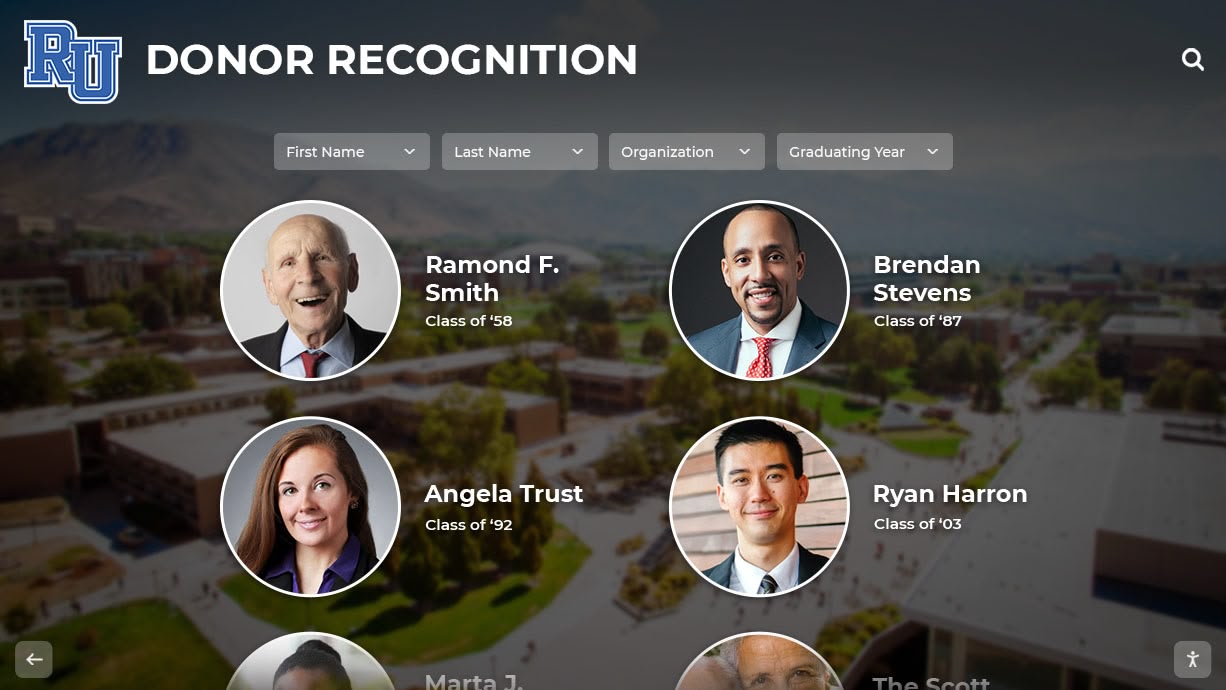
Long-Term Social and Economic Impact
Groundbreaking research rooted in 30 years of data provides evidence of greater enrollment in higher education, increased salaries, reduced dependency on social services, and improved behavioral outcomes for mentored youth compared to similar non-mentored peers. The social return on investment analysis demonstrates that for every $1 invested in mentoring, there is over $18 in social return—a remarkable figure that program alumni’s life outcomes validate through their educational attainment, career success, family stability, and community contributions.
Former “Bigs”: Volunteer Mentors
Individuals who served as mentors often describe their Big Brothers Big Sisters experience as equally transformative—teaching them patience, perspective, communication skills, and the profound satisfaction of positively influencing young lives during critical developmental periods.
Mentor Development and Growth
Many former Bigs credit their mentoring experience with developing leadership capabilities they applied throughout professional careers, strengthening interpersonal skills valuable across all relationships, gaining perspective about privilege and opportunity that informed life choices, discovering passion for youth development that guided career directions, and experiencing fulfillment through service that shaped ongoing community involvement.
For some volunteers, serving as mentors represented defining experiences that influenced major life decisions including career changes toward education or social services, adoption or foster care decisions, community leadership and advocacy work, and lifelong patterns of volunteer service across multiple organizations.
Ongoing Connection and Support
Former mentors often maintain desire to stay connected with organizations that facilitated their mentoring relationships, offering unique value through continued volunteer service in different capacities, financial contributions supporting current programming, recruitment of new volunteers from personal and professional networks, advocacy for youth mentoring with policymakers and funders, and willingness to share their stories for organizational communications and fundraising.
Multi-Generational Program Families
Some of the most powerful Big Brothers Big Sisters stories involve multi-generational program participation where former “Littles” become mentors themselves, siblings participate across multiple matches, or families remain connected to organizations across decades through evolving relationships.
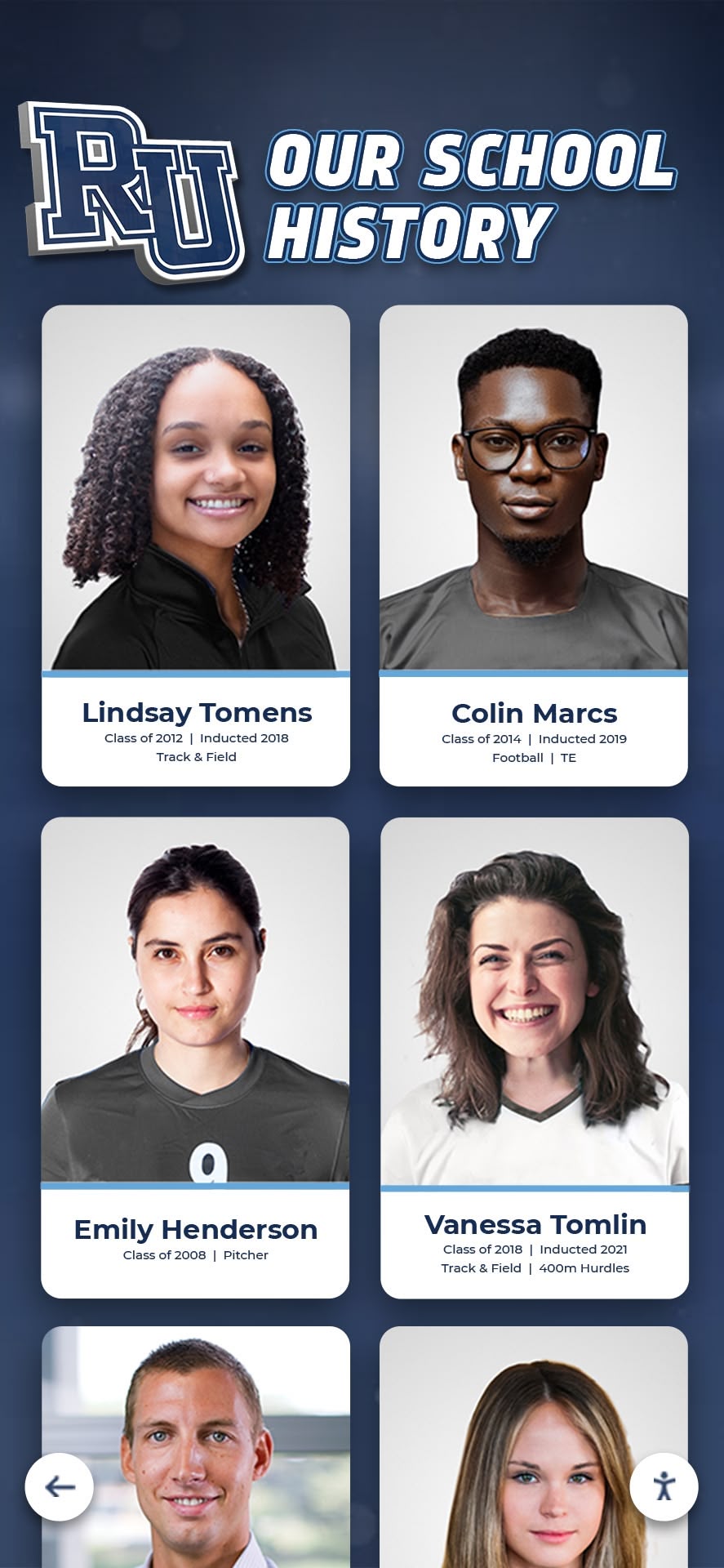
These multi-generational connections demonstrate mentoring’s ripple effects—when supported youth become supportive adults who invest in subsequent generations. Recognition systems celebrating these ongoing relationships powerfully illustrate program impact extending beyond individual matches to create cultures of mentorship within families and communities.
Developing Comprehensive Alumni Recognition Systems
Strategic recognition programs balance honoring individual achievement with celebrating collective impact while maintaining meaningful connections with program alumni across years or decades after formal match relationships conclude.
Defining Recognition Criteria and Categories
Clear frameworks ensure recognition remains inclusive while celebrating diverse forms of success that mentoring relationships enabled or supported.
Achievement-Based Recognition
Consider categories acknowledging educational milestones like high school graduation, college degrees, or advanced credentials; career accomplishments demonstrating professional success; community service and volunteer leadership; family achievements including stable relationships and parenting success; and personal growth overcoming challenges or obstacles with mentor support.
Recognition should celebrate both absolute achievement and growth relative to starting circumstances. For youth facing significant obstacles, completing high school represents remarkable achievement deserving equal honor as advanced degrees earned by peers with greater initial advantages. Academic recognition programs provide frameworks applicable to celebrating educational achievements among mentoring alumni.
Service and Leadership Recognition
Particularly meaningful categories honor former participants who’ve contributed back to mentoring mission through serving as volunteer mentors themselves, recruiting volunteers or advocating for program, providing financial support or fundraising assistance, sharing their stories to inspire others, and engaging in youth development work professionally or through community involvement.
Milestone Recognition
Acknowledge program participation anniversaries—10, 20, 30+ years since match conclusion—celebrating enduring connections between alumni and organizations. These milestone recognitions create natural touchpoints for relationship renewal while documenting program’s sustained impact across decades.
Creating Compelling Alumni Stories and Profiles
Recognition effectiveness depends significantly on storytelling quality—how well organizations capture and communicate the personal narratives that bring mentoring impact to life through authentic, relatable examples.
Gathering Meaningful Narrative Content
Develop alumni stories through interviews exploring how mentoring influenced life trajectories, key moments when mentor guidance proved particularly valuable, challenges overcome with mentor support, current life circumstances and ongoing aspirations, and reflections on mentoring relationship’s lasting significance.
These conversations yield rich content including specific anecdotes illustrating relationship dynamics, quotable reflections about mentoring impact, advice for current participants about maximizing mentoring experiences, and testimonials useful for organizational communications and fundraising.
Balancing Privacy and Visibility
Program alumni, particularly former “Littles,” may have complex feelings about public recognition given mentoring relationships often began during challenging life circumstances. Organizations must navigate these sensitivities carefully by obtaining explicit permission before sharing stories or photos, allowing alumni to determine what information gets shared publicly, providing opportunities to review and approve content before publication, respecting wishes to remain anonymous or private, and offering varying visibility options from public celebration to internal acknowledgment.
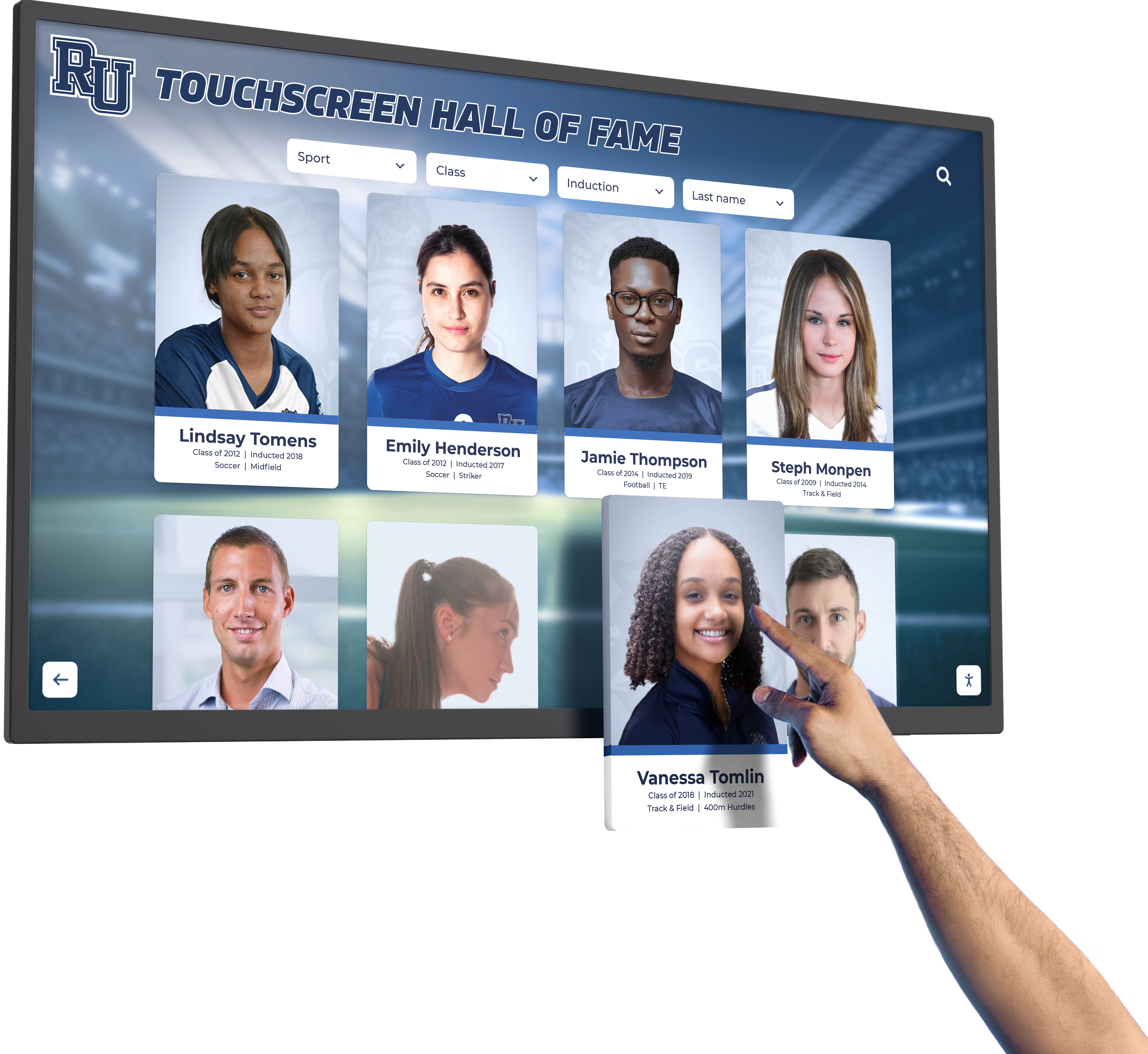
Implementing Recognition Display Systems
Modern technology enables organizations to celebrate program alumni through accessible, engaging platforms that overcome traditional recognition limitations while creating dynamic experiences inspiring current participants and engaging broader communities.
Digital Interactive Recognition Platforms
Solutions like Rocket Alumni Solutions enable organizations to showcase unlimited alumni through searchable databases, incorporate rich multimedia including photos, videos, and documents, update content easily as alumni achieve new milestones, provide remote access for alumni residing anywhere globally, and generate analytics revealing how communities engage with recognition content.
Digital platforms particularly benefit mentoring organizations given wide geographic dispersion of alumni populations, need for privacy controls allowing varying visibility levels, desire to update content reflecting alumni’s ongoing achievements, and value of sharing compelling stories with donors and stakeholders.
Integration with Broader Recognition Efforts
Alumni recognition systems should connect with donor recognition programs acknowledging financial supporters, volunteer recognition celebrating current mentors, and community impact displays documenting organizational achievements. This integration demonstrates mentoring’s comprehensive community benefits while honoring all constituencies contributing to mission success.
Maintaining Ongoing Alumni Engagement
Recognition creates foundation for sustained relationships with program alumni who represent valuable resources for organizations seeking to strengthen programming, increase community support, and expand impact.
Alumni Network Development
Structured alumni communities enable former participants to maintain connections with each other and with organizations that facilitated their mentoring relationships.
Creating Connection Opportunities
Develop programming specifically for alumni including annual reunion events bringing together multiple “match generations,” networking opportunities connecting alumni across professional interests, social gatherings enabling relationship renewal, volunteer opportunities for alumni wanting to give back, and mentorship programs pairing younger alumni with established professionals.
These alumni-focused activities demonstrate that organizations value ongoing relationships beyond formal program participation while creating natural environments for alumni testimonials, volunteer recruitment, and fundraising conversations that feel authentic rather than transactional.
Leveraging Digital Communities
Online platforms enable geographically dispersed alumni to maintain connections through social media groups for private alumni communication, email newsletters sharing alumni updates and organizational news, digital storytelling platforms where alumni share current experiences, virtual events enabling remote participation, and online directories helping alumni reconnect with match partners or program peers.
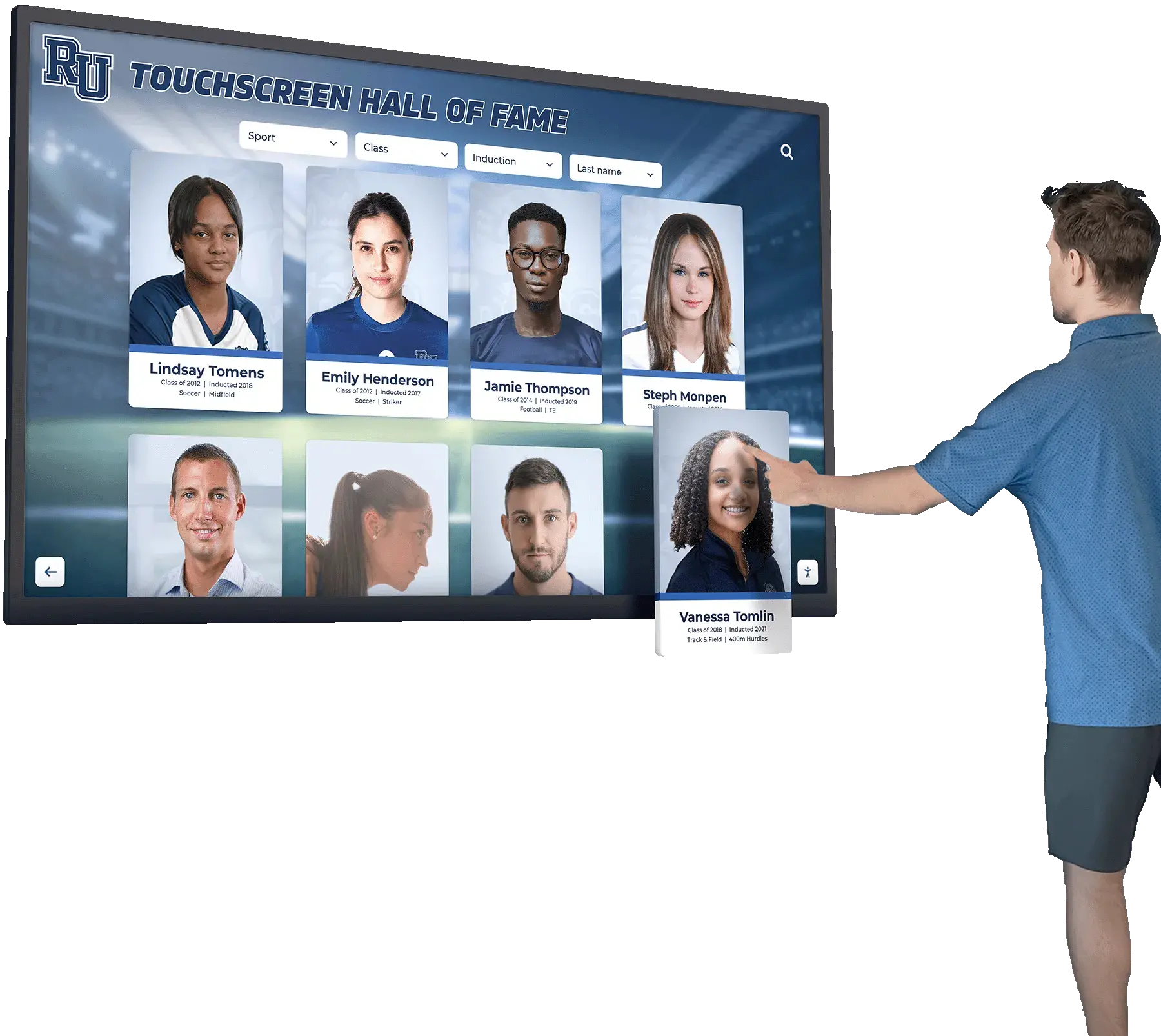
Alumni Speaker and Ambassador Programs
Many former participants willingly share their stories when organizations create structured opportunities that feel meaningful rather than exploitative.
Developing Speaker Opportunities
Invite alumni to share experiences at recruitment events attracting potential volunteers, fundraising gatherings inspiring donor support, program orientations helping new participants understand mentoring potential, community awareness events educating public about youth mentoring, and conference presentations contributing to broader mentoring field knowledge.
Compensate alumni appropriately for significant speaking commitments through honorariums, travel reimbursement, or donations to causes they care about. Recognition of alumni expertise and time demonstrates respect while ensuring diverse socioeconomic participation in ambassador activities.
Supporting Effective Storytelling
Help alumni craft compelling narratives through storytelling workshops teaching effective personal narrative techniques, talking points guidance ensuring alignment with organizational messaging, media training for alumni engaging with press or public speaking, video production assistance for creating high-quality testimonial content, and ongoing support as alumni refine stories through repeated sharing.
Well-prepared alumni ambassadors deliver powerful testimonials that resonate emotionally with diverse audiences while authentically representing program impact through personal experience that organizational staff cannot replicate regardless of passion or expertise.
Celebrating Milestone Anniversaries and Special Events
Structured celebration creates natural engagement opportunities while generating content, visibility, and momentum supporting organizational objectives.
Annual Recognition Ceremonies
Formal events honoring recent program graduates and distinguished alumni create memorable experiences while generating media coverage, donor cultivation opportunities, and volunteer recruitment momentum.
Event Planning Considerations
Successful recognition ceremonies balance honoring alumni appropriately with advancing organizational mission through venue selection accessible and welcoming to diverse alumni populations, timing coordinating with other organizational events or community occasions, program design mixing formal recognition with personal storytelling, honoree involvement in planning ensuring events reflect their preferences, and follow-up maintaining momentum from ceremony enthusiasm.
Consider whether to celebrate only recent graduates, include lifetime achievement honorees, recognize both “Bigs” and “Littles,” or rotate focus annually to maintain fresh energy while ensuring all constituencies receive appropriate recognition over time.
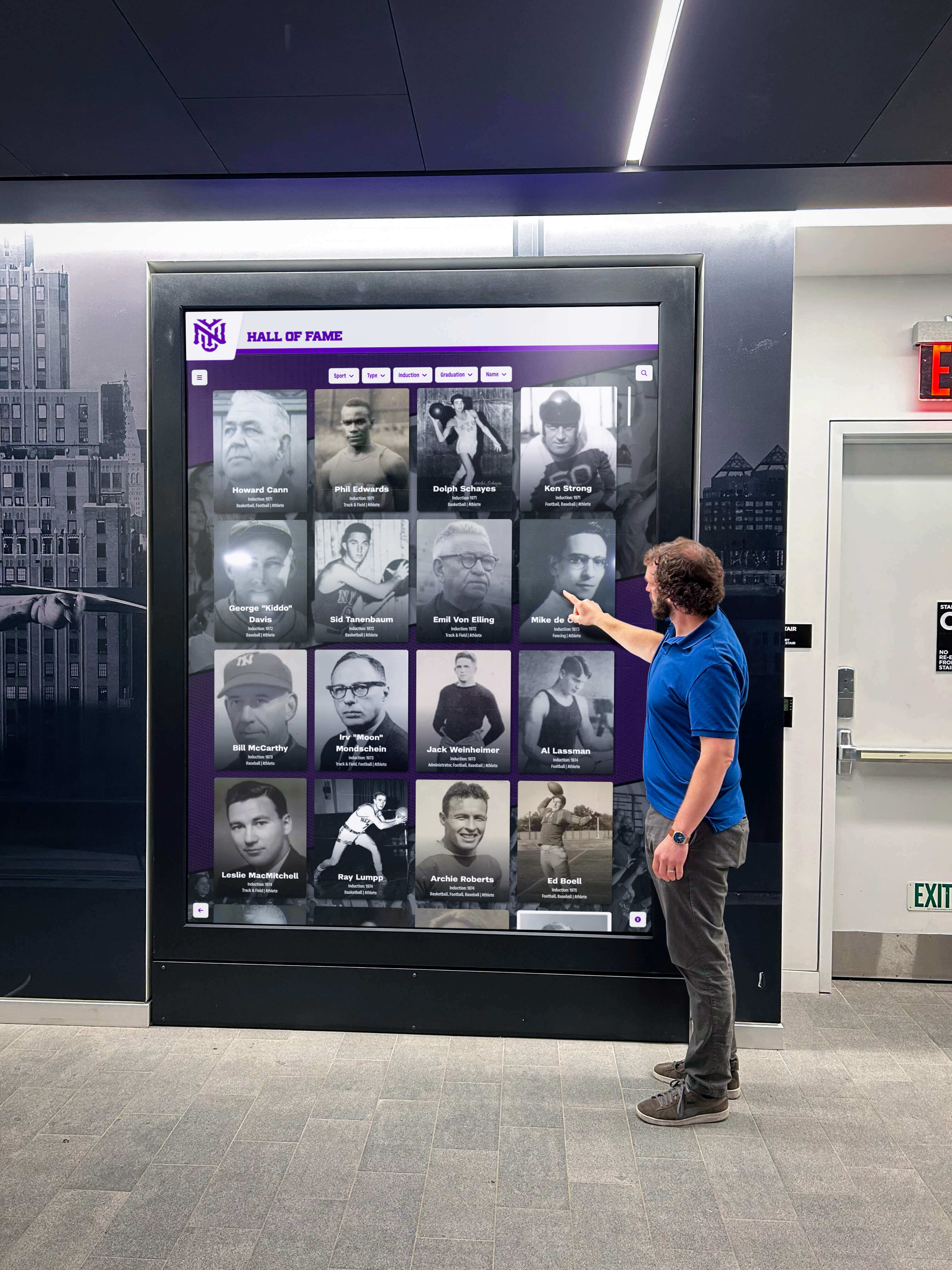
National Mentoring Month Integration
January’s National Mentoring Month provides natural opportunity for concentrated alumni celebration and engagement. Big Brothers Big Sisters organizations can maximize this awareness period through spotlight features highlighting different alumni weekly throughout January, social media campaigns encouraging alumni to share mentoring impact stories, alumni gathering events bringing together multiple match cohorts, volunteer recruitment campaigns leveraging alumni testimonials, and media outreach pitching compelling alumni success stories to local press.
According to Big Brothers Big Sisters of Erie, Niagara & The Southern Tier, their 2025 National Mentoring Month Alumni Week programming successfully engaged former participants through targeted events and communications that strengthened community connections while generating significant social media reach extending organizational visibility beyond existing stakeholder circles.
Match Anniversary Celebrations
Individual match milestones—10, 20, 30 years since relationship began—create personalized recognition opportunities that feel intimate and meaningful to participants while generating content for broader communications.
Acknowledge these anniversaries through personalized outreach from organizational leadership, certificates or commemorative gifts marking milestone significance, invitations to share updated stories and current photos, features in newsletters or social media celebrating ongoing connections, and opportunities to reconnect former match partners who’ve lost touch.
Leveraging Alumni Recognition for Organizational Advancement
Strategic recognition systems serve multiple institutional priorities beyond honoring individual achievement, delivering measurable returns through enhanced fundraising, strengthened programming, improved recruitment, and expanded community impact.
Fundraising and Development Integration
Alumni represent both potential donors themselves and compelling evidence of program effectiveness that motivates contributions from broader donor communities.
Alumni as Donors
Former participants often feel deep gratitude for mentoring relationships that influenced life trajectories, translating into philanthropic support when organizations create appropriate giving opportunities. Research consistently shows that individuals with personal program connections give at significantly higher rates than general community members lacking direct experience.
Develop alumni-focused fundraising through annual giving campaigns emphasizing community support, special appeals for program expansion or enhancement, major gift cultivation for alumni with philanthropic capacity, planned giving opportunities for legacy support, and matching gift programs leveraging employer contributions.
Success Stories for Donor Communications
Alumni testimonials provide powerful content for grant applications demonstrating program outcomes, annual reports illustrating community impact, fundraising appeals connecting emotionally with prospective donors, campaign materials showing concrete results of philanthropic investment, and donor stewardship communications thanking supporters with evidence of their contribution’s impact.
Frame alumni stories authentically rather than exploitatively, ensuring participants understand how organizations will use their narratives while maintaining appropriate privacy boundaries. When alumni willingly share experiences, their authentic voices create emotional resonance that organizational communications alone cannot achieve.
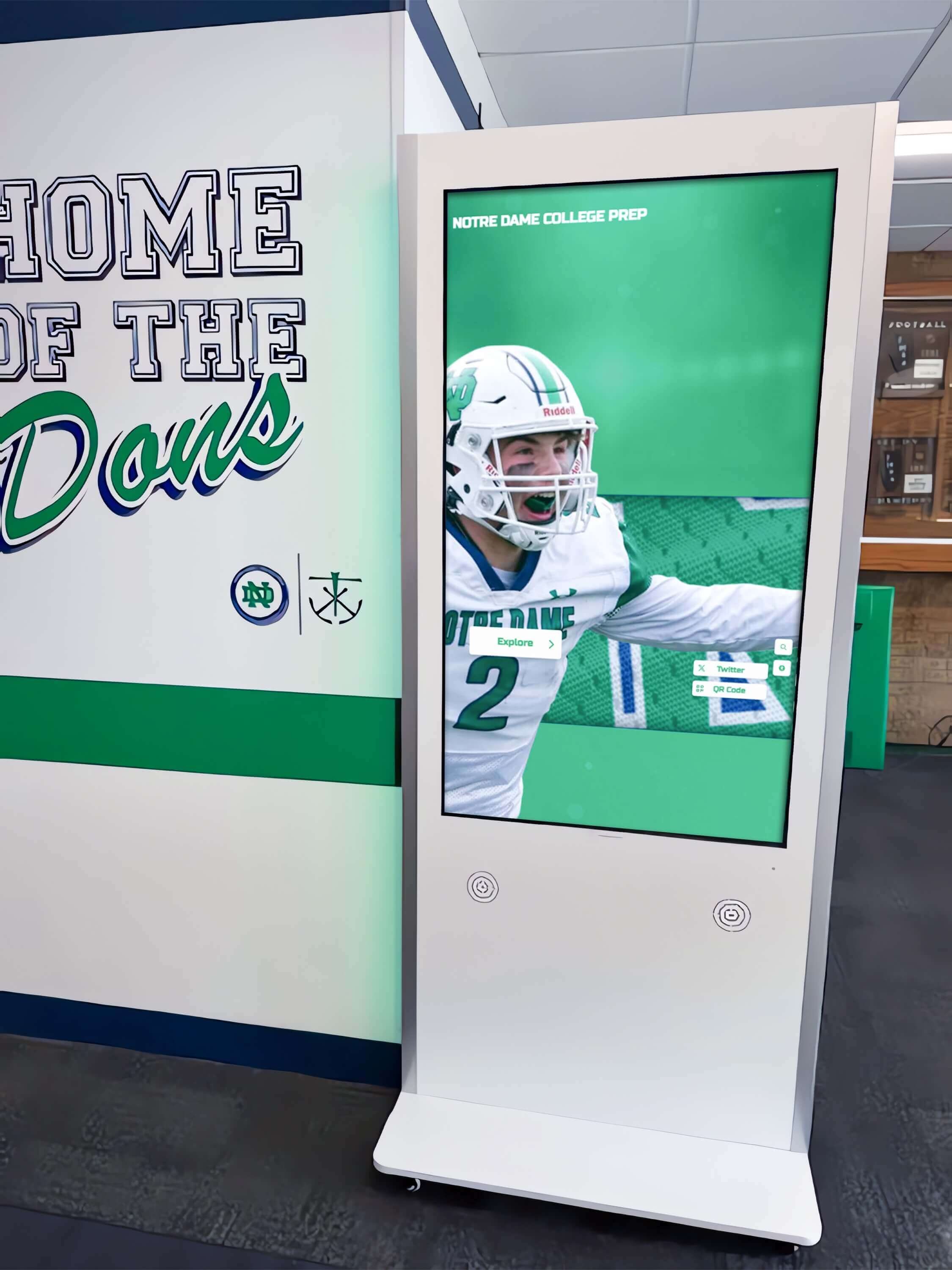
Volunteer Recruitment and Retention
Alumni often provide most effective volunteer recruitment by sharing authentic experiences that attract individuals considering mentoring commitments.
Alumni as Volunteer Recruiters
Former “Bigs” who found mentoring rewarding willingly recruit peers from professional and social networks, share experiences that help prospects understand mentor roles realistically, address common concerns or misconceptions about time commitments, provide ongoing support and encouragement to new volunteers, and model sustained engagement that normalizes long-term volunteer commitment.
Former “Littles” who benefited from mentoring bring unique credibility when encouraging adults to volunteer, explaining from youth perspective what mentors provided that proved most valuable, helping prospective volunteers understand the profound impact they can provide, and potentially becoming mentors themselves, closing the circle from recipient to provider.
Program Quality and Outcome Demonstration
Alumni outcomes provide concrete evidence supporting program evaluation and continuous improvement while demonstrating accountability to funders, partners, and communities investing resources in youth mentoring.
Tracking and Documenting Outcomes
Systematic alumni recognition systems create databases documenting educational attainment rates, career outcomes and professional achievements, family stability and personal wellbeing indicators, community engagement and service participation, and other markers of successful development that mentoring relationships supported.
Aggregated outcome data—while protecting individual privacy—demonstrates program effectiveness far more compellingly than anecdotal success stories alone. When combined with research methodologies comparing mentored youth to similar non-mentored peers, alumni outcome tracking provides rigorous evidence justifying continued investment in mentoring programs.
Special Considerations for Big Brothers Big Sisters Programs
Mentoring organizations face unique recognition challenges different from traditional alumni programs at educational institutions or membership organizations. Thoughtful approaches address these distinctive factors appropriately.
Navigating Complex Relationship Dynamics
Unlike school alumni who share institutional connection but rarely maintain close individual relationships, Big Brothers Big Sisters alumni often experienced intensely personal mentoring relationships that may continue, have evolved, or concluded for various reasons—each situation requiring sensitive recognition approaches.
Supporting Ongoing Match Relationships
Some matches continue long after formal program requirements conclude, with mentors and mentees maintaining lifelong relationships. Recognition systems should celebrate these enduring connections while respecting their private nature, enabling both parties to participate jointly in recognition if they choose, and acknowledging relationship continuation as program success rather than exception.
Honoring Concluded Matches Appropriately
Many successful matches naturally conclude as mentees reach adulthood, with participants moving forward independently while retaining gratitude for formative relationships. Recognition should honor these relationships’ significance and impact without implying participants failed because formal relationship didn’t continue indefinitely.
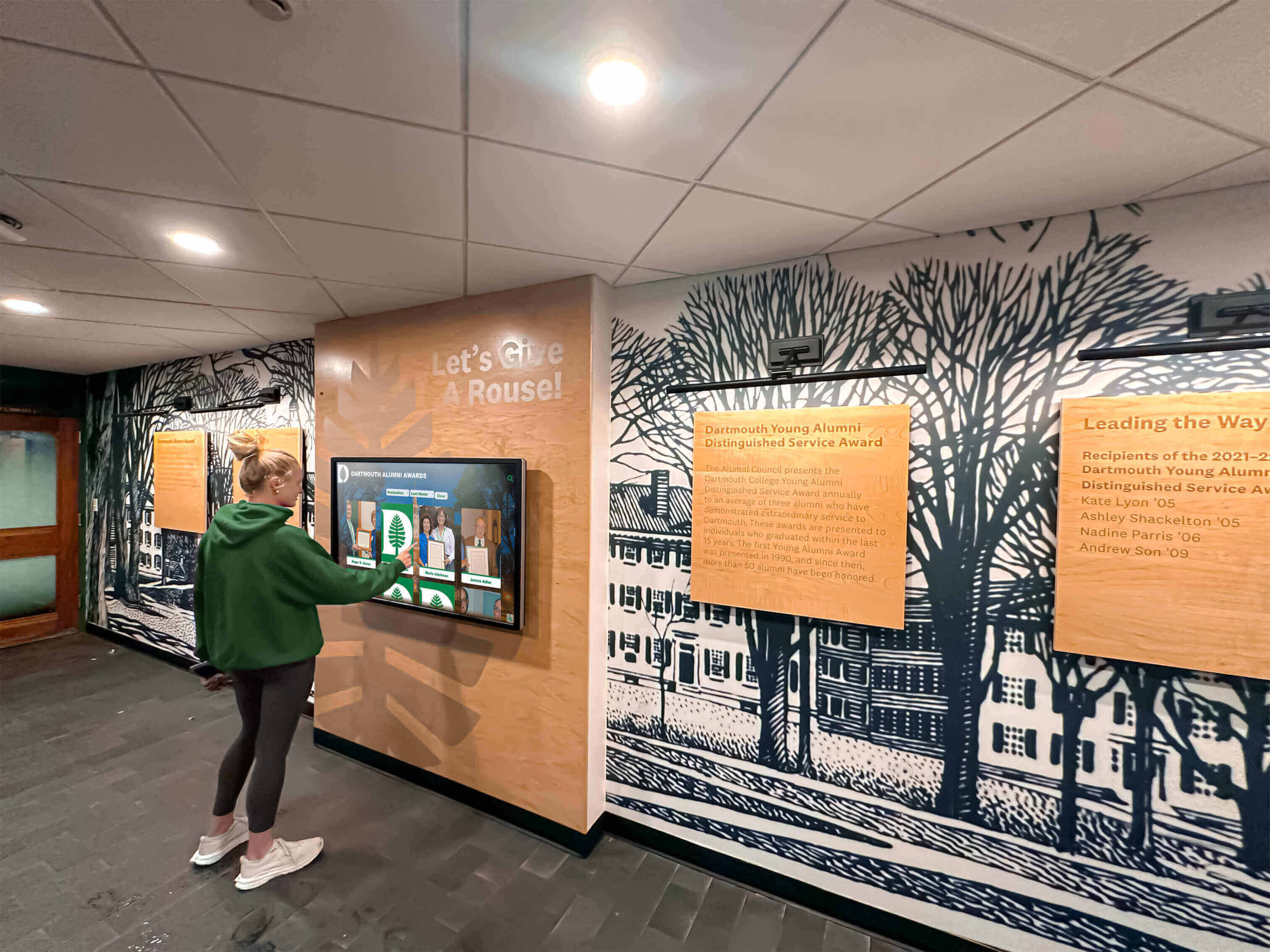
Addressing Socioeconomic Diversity
Big Brothers Big Sisters serves youth across diverse socioeconomic circumstances, creating recognition challenges that organizations must navigate thoughtfully to ensure inclusivity.
Eliminating Recognition Barriers
Avoid recognition approaches that create financial barriers including paid event tickets that exclude alumni with limited resources, expectation of professional attire for ceremonies, location choices requiring transportation access or childcare, donation requirements for participation or visibility, and other practices that inadvertently favor economically advantaged alumni.
Celebrating Diverse Definitions of Success
Resist narrow definitions of achievement that privilege professional or financial success over other meaningful life outcomes. Recognize that for youth who faced significant adversity, stability, family wellbeing, community contribution, and personal growth represent remarkable achievements deserving equal celebration alongside professional accomplishments that alumni with greater initial advantages more easily achieve.
Maintaining Cultural Sensitivity and Inclusivity
Many Big Brothers Big Sisters programs serve culturally diverse youth populations including specific initiatives supporting LGBTQ+ youth, immigrant families, Indigenous communities, or other groups facing particular challenges. Recognition systems must reflect and honor this diversity authentically.
Ensure representation in recognition systems showcasing success across cultural backgrounds and identities, culturally appropriate celebration that respects varied traditions and preferences, multilingual content when serving non-English-speaking families, accessibility accommodations for individuals with disabilities, and genuine commitment to equity extending beyond token representation.
Frameworks for national heritage months recognition provide transferable principles for celebrating diversity within alumni populations authentically while avoiding stereotyping or performative inclusion that fails to meaningfully honor diverse experiences and contributions.
Technology Platforms for Alumni Recognition
Modern digital solutions enable Big Brothers Big Sisters organizations to implement sophisticated alumni recognition systems without requiring extensive technical expertise or prohibitive investment.
Purpose-Built Recognition Software
Specialized platforms designed for nonprofit alumni management offer capabilities specifically addressing mentoring organizations’ needs including searchable databases organizing alumni information, customizable profiles accommodating diverse content types, privacy controls enabling varied visibility levels, multimedia support for photos, videos, and documents, mobile-responsive design ensuring accessibility across devices, and analytics revealing engagement patterns informing strategy.
Solutions like Rocket Alumni Solutions provide these capabilities through cloud-based systems requiring minimal technical infrastructure while offering professional appearance and functionality that enhance organizational credibility.
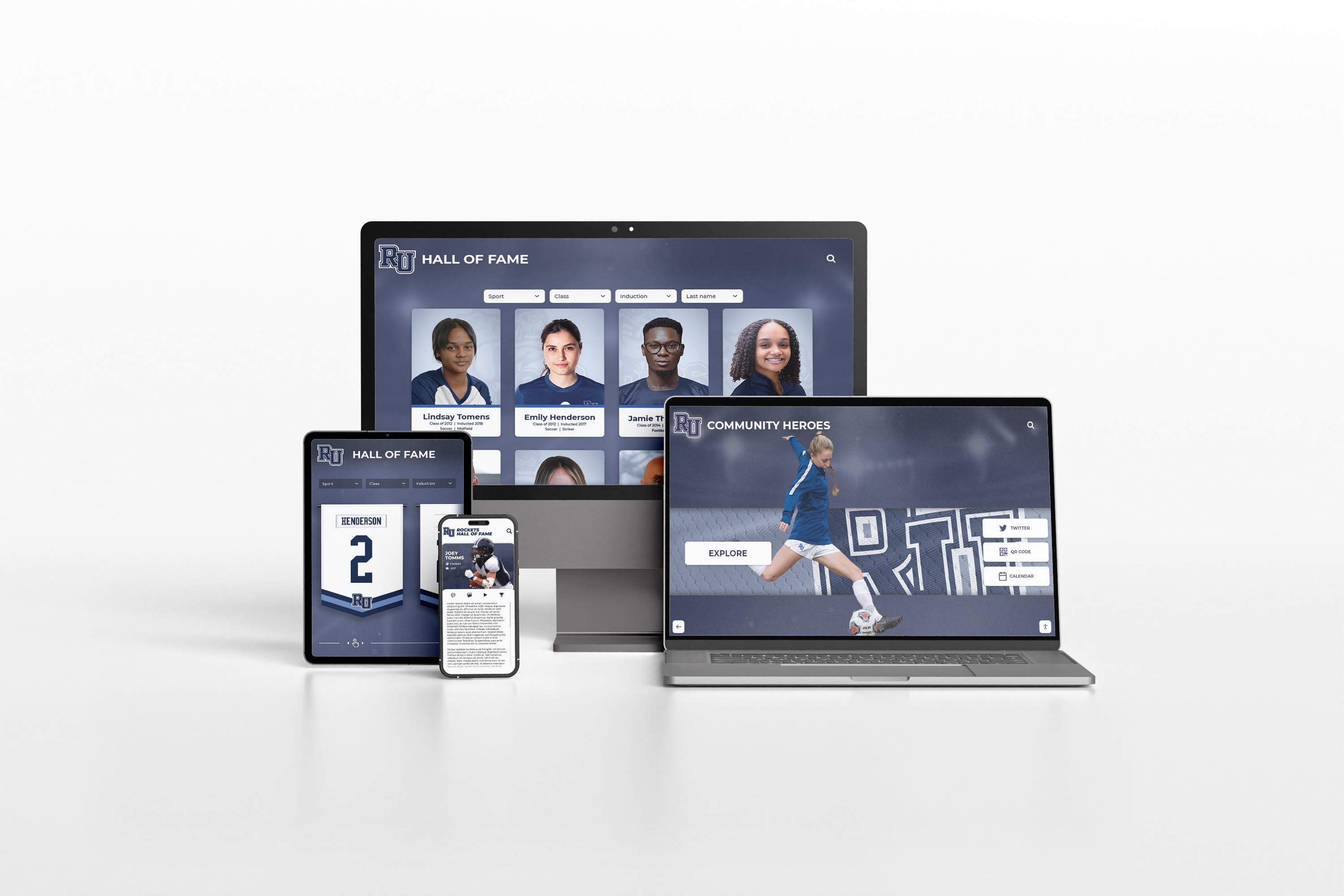
Integration with Existing Systems
Effective technology strategies connect alumni recognition with other organizational systems including donor management databases tracking philanthropic relationships, volunteer management systems coordinating ongoing engagement, email marketing platforms facilitating alumni communications, website content management enabling public visibility, and social media tools amplifying recognition reach.
Integration prevents information silos while reducing administrative burden through automated data synchronization, unified constituent records, and streamlined workflows that maintain accuracy across systems.
Accessibility and Usability Standards
Alumni recognition technology must accommodate diverse users including alumni with varying digital literacy levels, individuals accessing systems on different devices, people with disabilities requiring assistive technologies, non-English speakers in multilingual communities, and users with limited internet connectivity.
Prioritize platforms meeting Web Content Accessibility Guidelines (WCAG) standards, providing intuitive interfaces requiring minimal training, offering mobile optimization for smartphone access, supporting multiple languages when serving diverse populations, and functioning reliably on basic internet connections.
Measuring Recognition Program Impact and Success
Strategic assessment demonstrates program value while identifying improvement opportunities ensuring recognition systems achieve intended outcomes efficiently.
Quantitative Engagement Metrics
Track measurable indicators including number of alumni maintaining updated contact information, recognition platform usage statistics and engagement duration, event attendance rates for alumni programming, survey response rates indicating connection strength, giving participation rates among recognized alumni, and social media reach and interaction with alumni content.
Monitoring these metrics over time reveals whether recognition strategies successfully maintain alumni connections while identifying which approaches generate strongest engagement deserving continued investment.
Qualitative Feedback and Outcomes
Beyond numbers, gather meaningful insights about recognition program effectiveness through alumni testimonials describing recognition impact, stakeholder feedback from staff, board, and volunteers, donor perspectives on recognition’s fundraising value, media coverage quality and messaging accuracy, and observational data about community response and perception.
Regular feedback collection through surveys, focus groups, and informal conversations ensures recognition remains meaningful to alumni while serving organizational objectives effectively.
Return on Investment Analysis
Document resources invested in recognition systems including staff time for program management, technology costs for platforms and tools, event expenses for ceremonies and gatherings, marketing and communications investment, and ongoing maintenance requirements.
Compare investment against measurable returns including alumni giving increases attributable to recognition, volunteer recruitment success from alumni ambassadors, program awareness and community reputation enhancement, fundraising campaign results leveraging alumni stories, and other benefits justifying continued resource allocation.
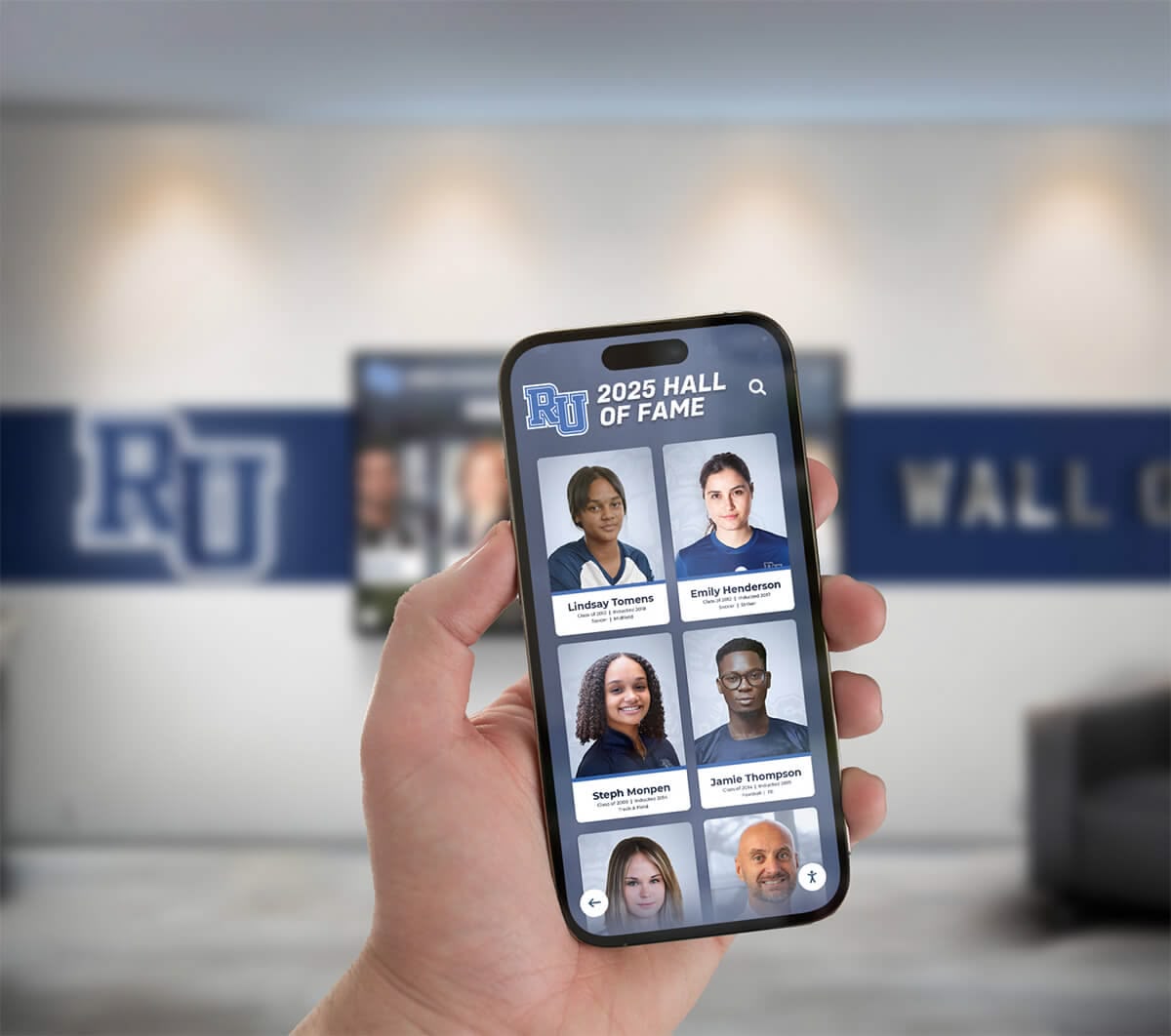
Building Sustainable Long-Term Recognition Programs
Recognition effectiveness depends on sustained commitment rather than one-time initiatives that generate brief enthusiasm before fading from organizational priorities.
Establishing Clear Governance and Ownership
Assign explicit responsibility for recognition program management including dedicated staff position or clear committee ownership, documented processes for content development and updates, regular review schedules ensuring information accuracy, budget allocation for ongoing operations and enhancements, and succession planning preventing knowledge loss during transitions.
Shared or unclear ownership almost inevitably leads to neglected recognition systems that undermine rather than enhance organizational credibility through outdated information or inactive platforms suggesting indifference toward alumni relationships.
Creating Sustainable Content Development Workflows
Implement efficient systems for gathering alumni updates through annual outreach requesting current information, automated reminders encouraging profile updates, social media monitoring discovering publicly shared achievements, collaboration with alumni network leaders identifying update candidates, and streamlined approval processes preventing bottlenecks delaying recognition.
Planning for Evolution and Growth
Design recognition systems anticipating future expansion including scalable technology accommodating growing alumni populations, flexible frameworks adapting to changing organizational priorities, regular refresh cycles preventing recognition from feeling stale, integration capabilities for new tools and platforms, and financial sustainability through diversified funding sources.
Recognition programs that thrive for decades share commitment to continuous improvement, genuine relationships prioritizing alumni needs alongside organizational objectives, and authentic celebration of impact rather than exploitative use of success stories for institutional benefit alone.
Conclusion: Honoring Mentoring’s Transformative Power Through Recognition
Big Brothers Big Sisters program alumni embody mentoring’s profound impact—the educational achievement, career success, personal growth, family stability, and community contribution that supportive relationships during formative years enable and strengthen. When organizations honor these remarkable individuals thoughtfully through comprehensive recognition systems, they accomplish multiple critical objectives simultaneously: celebrating achievement that mentoring relationships supported or enabled, maintaining valuable connections with individuals who understand program impact, inspiring current participants through visible examples of mentoring’s potential, demonstrating program effectiveness to funders and community stakeholders, and building alumni community united by shared mentoring experiences.
The most effective recognition programs balance honoring individual success with protecting privacy and dignity, celebrate diverse achievements rather than narrow professional definitions, maintain authentic rather than exploitative relationships with alumni, leverage modern technology overcoming traditional recognition limitations, and demonstrate sustained organizational commitment through ongoing investment and attention.
Whether your Big Brothers Big Sisters program serves dozens or thousands of alumni across decades of operation, strategic recognition creates engagement opportunities far exceeding ceremonial acknowledgment. Alumni who feel genuinely valued and appropriately honored become ambassadors recruiting volunteers, donors supporting mission advancement, advocates influencing policy and community perception, mentors giving back through their own service, and storytellers whose authentic testimonials inspire others to invest in youth mentoring that transforms individual lives while strengthening entire communities.
Ready to develop recognition systems celebrating your program alumni while strengthening connections that benefit current and future participants? Explore how digital recognition solutions enable organizations to showcase unlimited alumni through accessible platforms, or discover approaches to creating comprehensive alumni engagement strategies that extend beyond recognition to build lasting community around shared commitment to youth development through transformative mentoring relationships.
Your program alumni’s success stories deserve celebration that honors their achievements while inspiring others to support youth mentoring. With thoughtful planning, appropriate technology, genuine commitment to relationships, and authentic respect for individuals who trusted your organization during vulnerable life stages, recognition programs become powerful tools advancing mission while demonstrating mentoring’s life-changing impact through the remarkable lives and contributions of the thousands who’ve experienced Big Brothers Big Sisters support firsthand.
